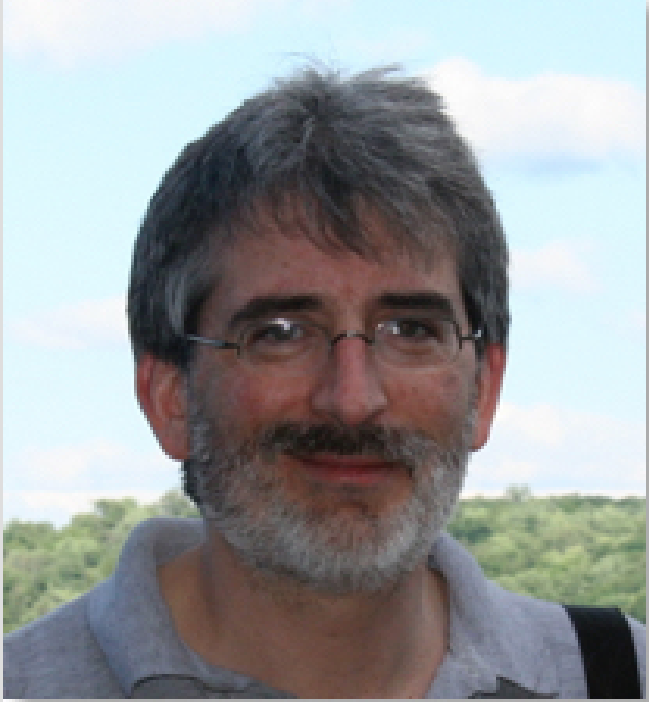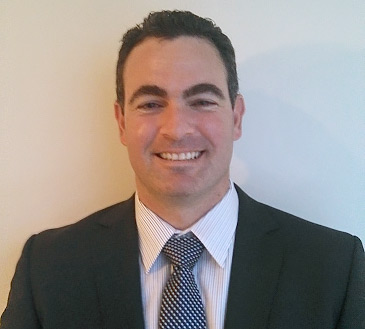Sep 15, 2017 - 2:00 pm Venue:
MIT Building 46-3002 (Singleton Auditorium) Address:
43 Vassar St.
Cambridge, MA 02139
Speaker/s:
Dr. David Ferrucci
Abstract: AI systems should not only propose solutions or answers but also explain why they make sense. Statistical machine learning is a powerful tool for discovering patterns in data, but, Dr. Ferrucci asks, can it produce understanding or enable humans to justify and take reasoned responsibility for individual outcomes?
Dr. Ferrucci will also include an overview of Elemental Cognition, his company that is focused on creating AI systems that autonomously learn from human language and interaction to become powerful and fluent thought partners that facilitate complex decision making. Specifically, Elemental Cognition investigates a future in which AI is a powerful amplifier of human creativity—a system that leverages statistical machine learning but focuses primarily on a type of learning that enables humans and machines to share an understanding and collaborate on exploring the question, “Why?”
Speaker bio: Dr. David Ferrucci is the award-winning Artificial Intelligence researcher who started and led the IBM Watson team from its inception in 2006 to its celebrated success in 2011 when Watson defeated the greatest Jeopardy players of all time. Considered a landmark in AI, Watson delivered amazing results that out-performed all expectations. From 2011 through 2012, Dr. Ferrucci pioneered Watson's applications in health which helped lay the technical foundation for a new Healthcare Division at IBM. In 2013, Dr. Ferrucci joined Bridgewater Associates, where he leads the Systematized Intelligence Lab. He joined to explore the application of AI in building explicable data-driven systems for optimal management and people analytics.
Dr. Ferrucci’s more than 25 years in AI and his passion to see computers fluently think, learn, and communicate inspired him to found Elemental Cognition LLC in 2015. Elemental Cognition is focused on creating AI systems that autonomously learn from human language and interaction to become powerful and fluent thought partners facilitating complex decision making in areas ranging from healthcare to economics. AI system should not only predict possible solutions but should be able to explain why they make sense.
Dr. Ferrucci graduated from Rensselaer Polytechnic Institute with a Ph.D. in Computer Science. He led numerous projects prior to Watson, and has over 50 patents and published papers in the areas of AI, Automated Reasoning, NLP, Intelligent Systems Architectures, Automatic Text Generation, and Automatic Question-Answering. He was awarded the title of IBM Fellow and has won many awards for his work including the Chicago Mercantile Exchange’s Innovation Award and the AAAI Feigenbaum Prize.
Organizer:
Joel Oller Organizer Email:
cbmm-contact@mit.edu









